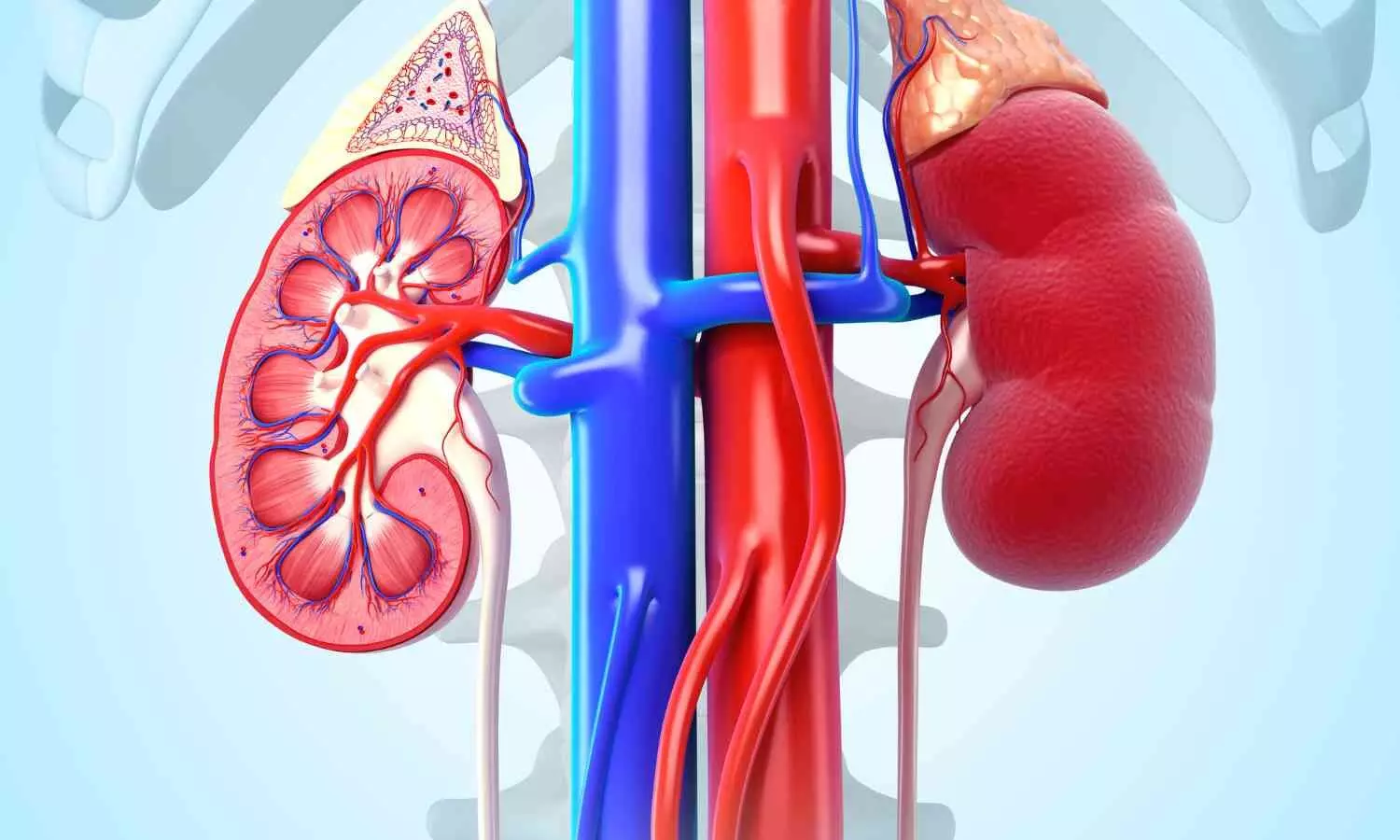Experts Highlight Importance of Early Detection, Timely Care in Babies with Kidney Defects

New Delhi: Medical experts are stressing the importance of early diagnosis and proper care in managing antenatal hydronephrosis, a common birth condition where a baby’s kidneys become swollen due to urine buildup in the womb. This condition, typically spotted during routine prenatal ultrasounds in the second or third trimester, affects 1–2 out of every 100 pregnancies.
Antenatal hydronephrosis is usually caused by a partial blockage in the urinary tract or urine flowing backward from the bladder to the kidneys. While the diagnosis may initially concern expecting parents, doctors emphasize that most cases are manageable and do not lead to long-term kidney issues.
“With timely monitoring and appropriate follow-up, the majority of infants diagnosed with antenatal hydronephrosis grow up with healthy kidney function,” said Dr Prabudh Goel, Additional Professor of Paediatric Surgery at AIIMS, Delhi.
The condition is being increasingly detected due to the rising number of antenatal scans, according to Dr Shandip Kumar Sinha, Director of Paediatric Surgery at a city hospital. He stressed that timely detection and management, especially within the first five to six months after birth, can help the kidneys heal completely.
Experts point out that while mild cases often resolve without treatment, moderate to severe cases require further evaluation through postnatal tests such as ultrasounds, voiding cystourethrograms, or nuclear medicine scans to assess the degree of obstruction or urine reflux.
In a few instances, surgical intervention may be necessary to correct structural issues. However, the majority of children respond well to conservative care and monitoring.
“Early detection enables doctors to take proactive steps, reducing the risk of complications like urinary tract infections or permanent kidney damage,” said Dr Sinha.
Dr Goel added that spreading awareness about this condition can help reduce parental anxiety and ensure timely medical attention. “By raising awareness, we aim to reassure families that early diagnosis and appropriate care can lead to excellent outcomes for affected babies,” he said.


